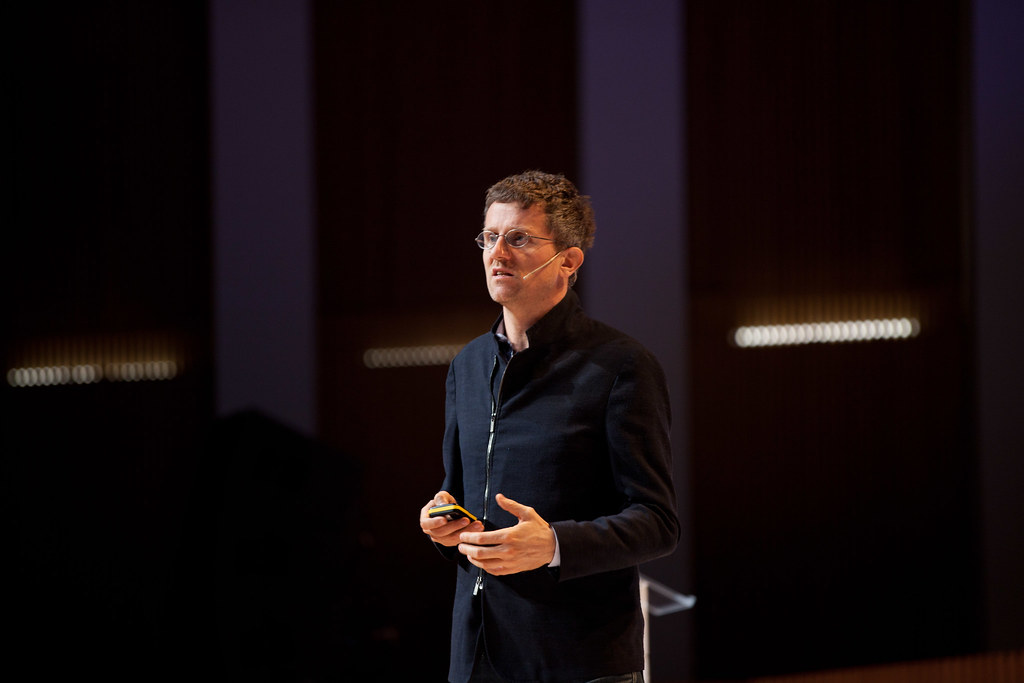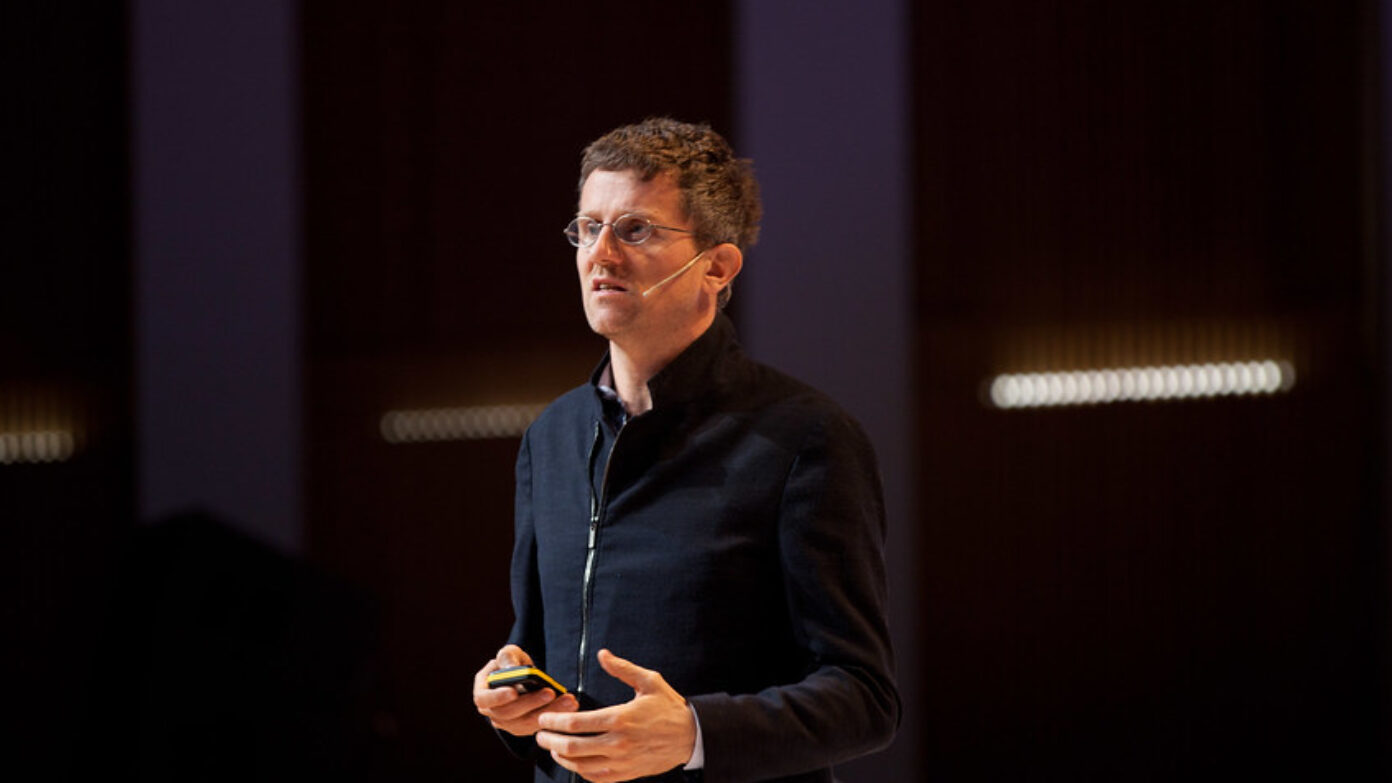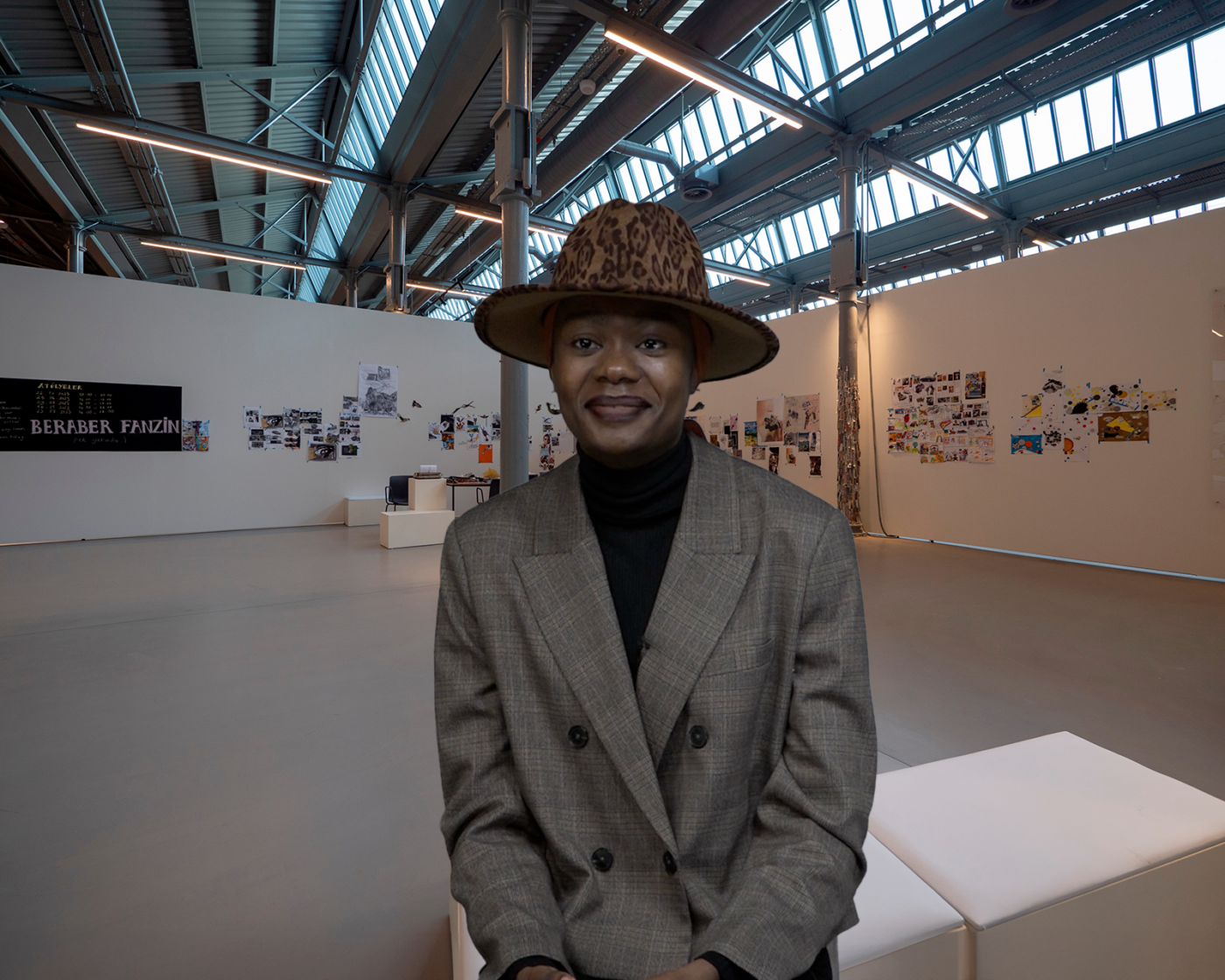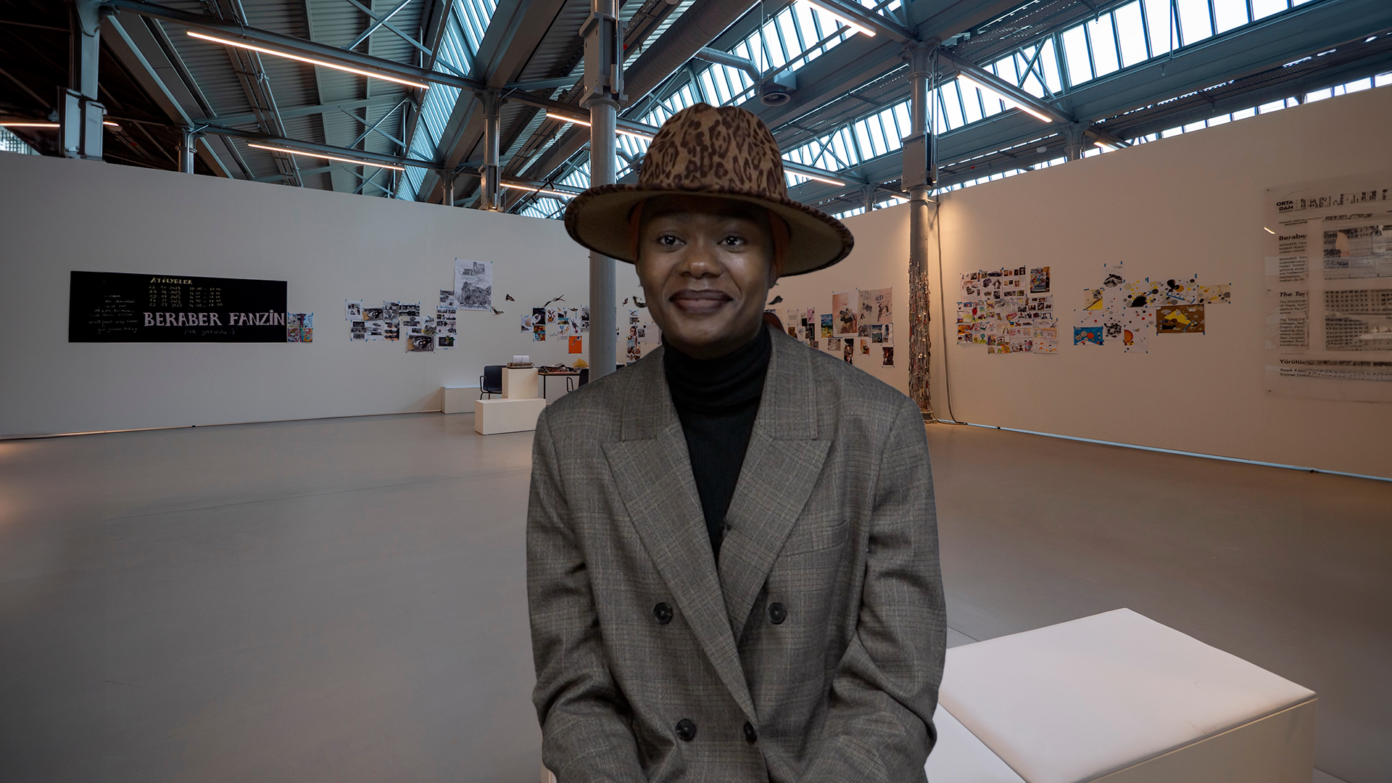From a City of Residents to Urban Territory: The Advancing Revolution
Global urbanization is acutely disrupting our ways of life and our ways of understanding the world. We are experiencing an ontological crisis and remain clueless when we try to reflect upon it and to conceptualize it, seeking for answers but also for solutions to its challenges. It seems clear to all that there is no one absolute truth anymore and that we can only apprehend this phenomenon in fragments, by asking questions of professionals in each and every possible disciplinary field. Many initiatives proceed in that way, gathering and comparing the points of view of thinkers and researchers. In light of the research carried out by the Institut Palladio—one of the think tanks that is re-examining contemporary urban planning—, Gilbert Emont analyzes the factors of change that are bringing about a “society of urbanites”, a new condition at the junction of four material transformations: the increase in life expectancy, the urbanization of the planet, the importance of sustainable development, and the widespread use of digital technologies. In this new world organized around human activity, he describes the challenges which cities of tomorrow will face, up to and including continuous innovation, physical adaptability and flexibility of use. Gilbert Emont is an economist and researcher at the Institut de l’Épargne Immobilière et Foncière (IEIF). He is the director of the Institut Palladio des Hautes Études sur l’Immobilier et la Cité.





